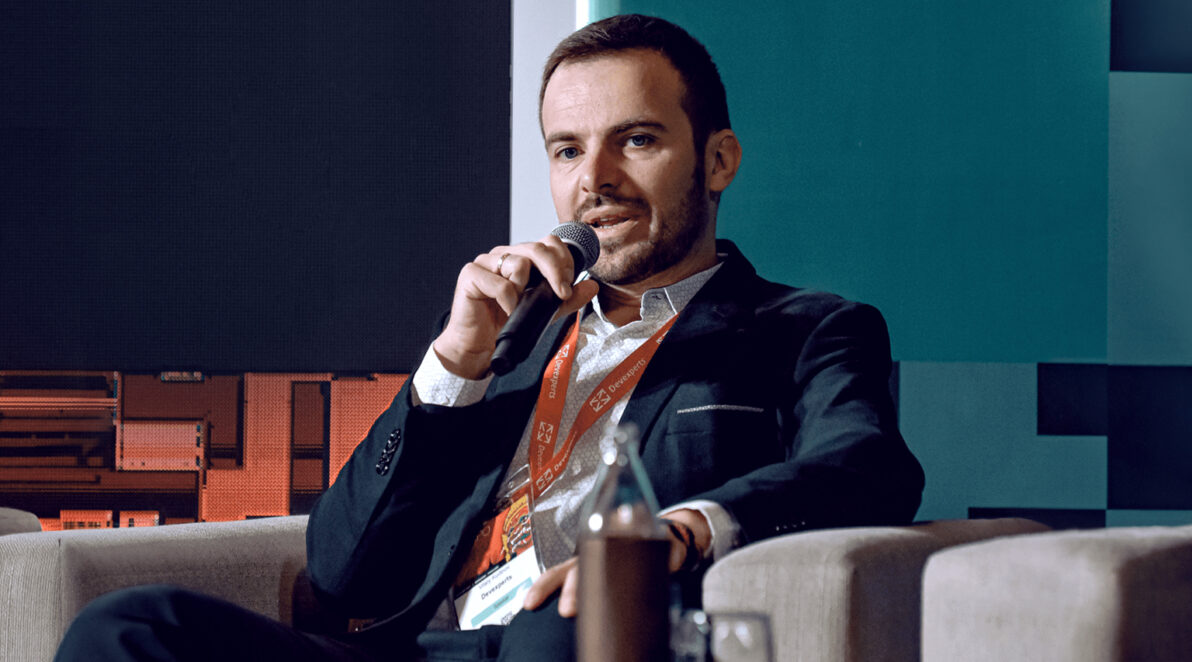Despite funded trading’s increasingly positive trajectory, there are still several misconceptions and gaps in understanding that brokers, new firms, and even some seasoned stakeholders struggle to navigate.
The “demo account” confusion
One of the most common misunderstandings surrounding funded trading comes from the term “demo account”. Many brokers and prop firms mistakenly label certain trading accounts as demo accounts, when in reality, these accounts have evolved into something entirely different.
A demo account traditionally involves simulated trading using fake money, but trading challenge accounts, while not dealing with real money, must closely mirror the real market.
These accounts require real-time market data and must offer high-quality order execution, focusing on volume-weighted average price (VWAP) instead of only best bid-offer execution. It’s also crucial to simulate real-world trading conditions, including slippage and market volatility.
Firms that still call these advanced accounts “demo” are missing the point—these are specialized prop accounts designed to give traders an authentic trading experience without risking their own capital. The platforms supporting these accounts need to reflect the market accurately, not as a simulation, but as close to reality as possible.
The appeal of prop trading is often misunderstood
Another misunderstanding lies in why prop trading is so attractive to participants. At the core of this attraction is human psychology. A few years ago, “gamification” was a major buzzword at industry expos—there wasn’t an iFX expo without at least one panel on the topic— and trading challenges embody this concept perfectly.
Prop trading allows traders to engage in high-risk, high-reward activities without risking their own capital. If a trader fails, they can reset and try again, paying only a subscription fee. This “restart” ability taps into the same motivations that drive gamers—the desire for a fresh start, to learn from mistakes, and the thrill of trying again without permanent loss.
For brokers, this setup is a perfect fit for what many people love about trading. It offers the excitement of trading without the full financial burden. Firms that fail to grasp this psychological aspect may miss the mark in capturing this growing audience.
What should trading platforms avoid for longevity?
Platforms supporting prop trading, especially those in the CFD business, have a relatively stable load compared to traditional brokerage accounts. This is because prop trading participants are often required to trade at a certain frequency, and the number of active accounts in contests and the order rate are more predictable.
One critical consideration for longevity is stress testing. Platforms must be prepared to handle the expected load, and this can be done through proper stress testing and capacity testing based on user volumes. Additionally, firms offering futures or stock trading must ensure they have the appropriate licenses for real-time market data redistribution. Distributing this data without a proper exchange license will lead to legal issues and claims, in particular, around unfair competition between regulated brokers and unregulated prop firms.
Regulations are a vital factor. As with any financial product, ensuring compliance with regulations is paramount, and prop trading is no exception.
The distinctive trader audiences: Prop trading vs traditional brokerages
Prop trading doesn’t actually attract the same audience as traditional brokerage accounts. In fact, prop firms are expanding the market by appealing to two distinct types of traders.
First, there are the “gamified” traders—those who treat prop trading like a game. They don’t want to risk their own money and are happy to pay for the opportunity to trade with someone else’s capital. These traders enjoy the process of trading itself, without the pressure of significant personal financial loss.
Second, there are more serious traders who both trade real money and participate in prop trading contests. These traders see challenges as a way to prove their skills. The structured nature of prop trading disciplines them to trade strategically within specific timeframes, making them more calculated in their actions.
For brokers, recognizing these two audiences can help refine their offerings, providing both gamified experiences for casual traders and more competitive environments for skilled traders.
How prop trading can increase broker lifetime value
Finally, brokers may be hesitant to embrace prop trading because they want to maintain their role as facilitators. So the question arises of how to maximize lifetime value to ensure the benefits are worth expanding their business model. One way to do this could be by offering certificates to top performers.
Consider this: traders who consistently win contests demonstrate a high level of discipline and skill. Awarding certificates to these top traders could provide them with recognition and credibility. Over time, this could lead to a model where investors seek out these certified traders to manage their capital.
Such certification would elevate the credibility of the trader and the firm, fostering a sense of trust and respect within the industry. In turn, this could attract more investors and build a strong network of top-performing traders who remain loyal to the platform.
The bottom line
Prop trading is a complex but exciting space that continues to evolve. By understanding the nuances of prop accounts, the appeal of gamified trading, and the different trader audiences, brokers can position themselves to really use these dynamics to their advantage. Whether through stress-testing platforms, ensuring regulatory compliance, or finding new ways to recognize top performers, there are many avenues for brokers to expand their offerings and capture the attention of both casual and serious traders alike.
DXtrade factors all of these considerations into our platform design and offerings. Learn more about our products that cater to prop trading and their end user’s unique trading preferences here.
If you’re a brokerage considering launching a funded trading arm, my team and I are always on hand to answer any questions. Contact us.

